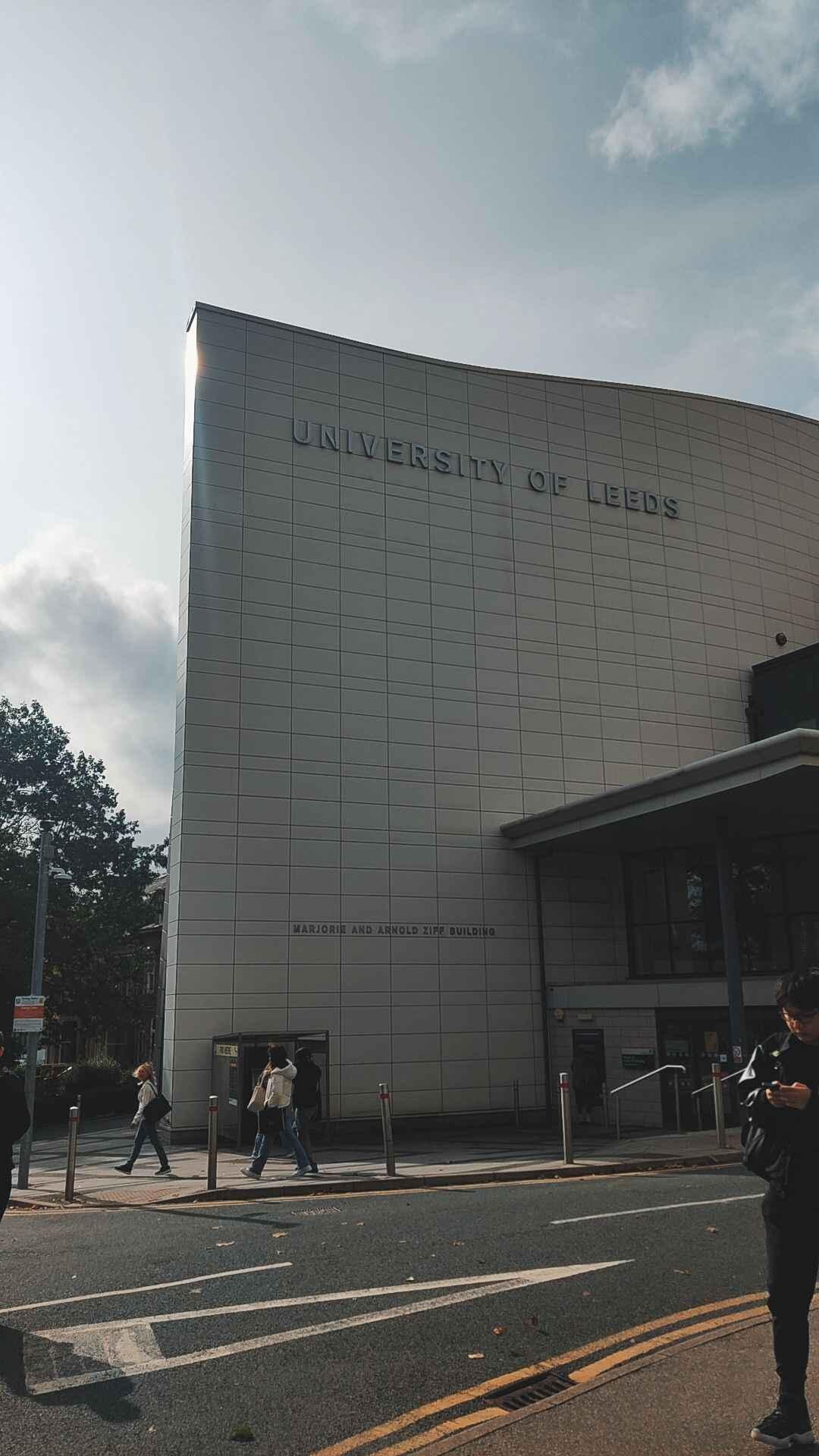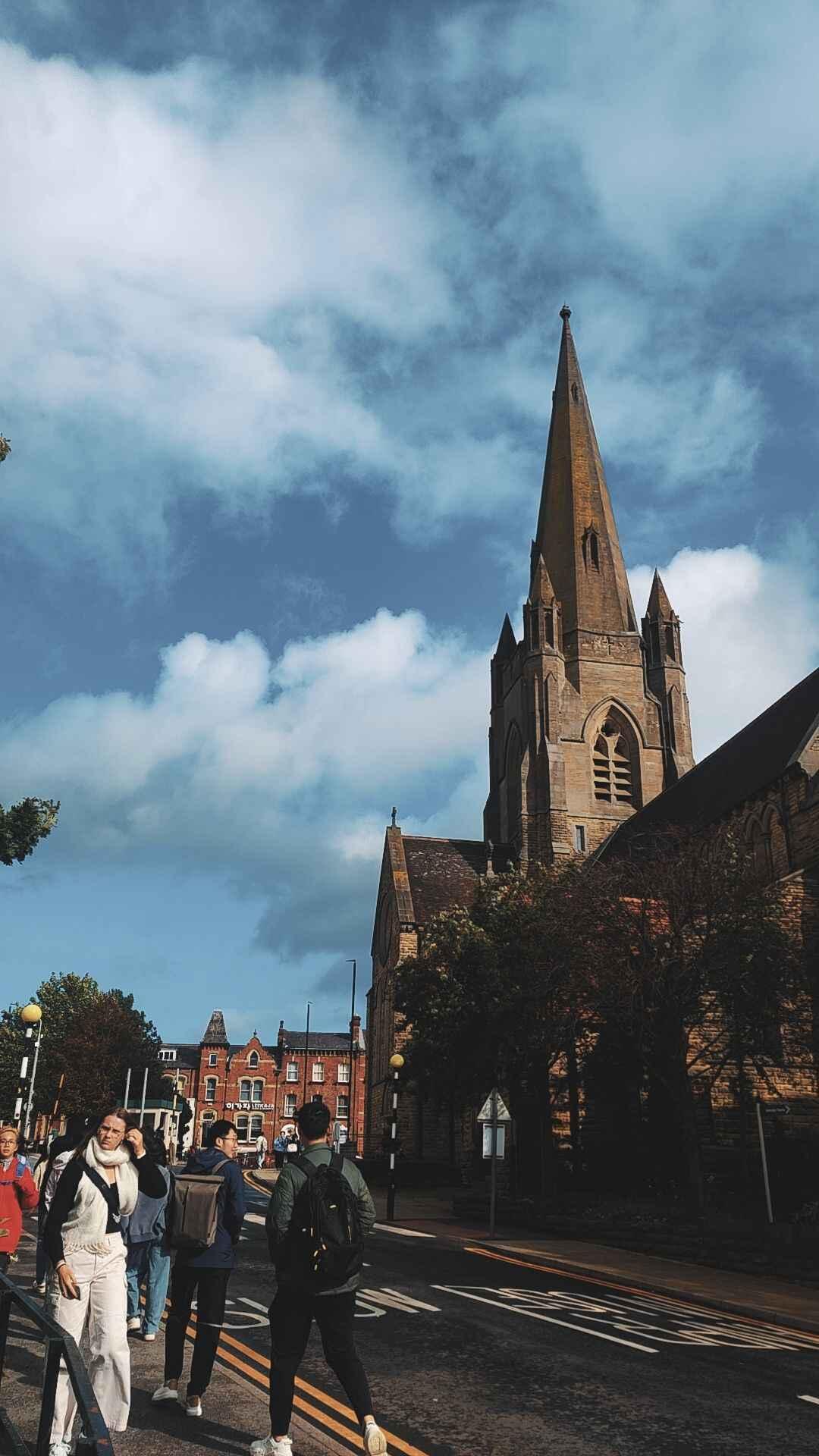What Students Say
Likes
- 2. Highly educated professors and lab assistants
- 3. Specifically curated courseworks for practical understanding
- 4. Relaxed timetable for self studying
Dislikes
- 1. The course was kind of introductory. I expected more from a master's degree
- 2. Teaching time was very less (1 yr course had 3 months of teaching per semester + 2 months of holidays + 3 months of dissertation)
- 3. They did not introduce the newer areas like GenAI, RAG, LLMs. Only a very basic introduction to NLP
Course Curriculum
- The course felt more introductory in the computer modules, but it was good enough in the math modules
- It was a good mix of both practical and theoretical material
- The pro of this course was that you develop good research habits and use your brain power even to solve the easiest problems. You rethink things in more depth with the courseworks and feedbacks they provide
- A con of this course was that it is very easy to get lost and they only introduce the topics but give difficult assignments.
- There are about 4 classes on average daily. And they are scarcely scheduled from 9am to 6pm
- The faculty there generally suggests not doing a part-time job until extremely necessary. Because the course is a little hectic.
- I admire my statistics professor; the way he explained the content went straight into my head, and his coursework was challenging enough to use a lot of my brain. I also admire my personal tutor for he was very supportive and understanding. My dissertation guide was also very polite and helpful.
Admission Experience
-
I only applied to UK Russell Group colleges, which are as follows:
- King's College London, University of Edinburgh, Queen Mary University of London, and University of Leeds.
- I got rejected from the first 2 and got accepted in the last 2.
- In my opinion, Kings College requires higher grades and a better portfolio than mine. The number of applicants each year is too big and I was not prepared for it, as MS was never something I had considered earlier.
- For Edinburgh, they did not specify a reason but I assume I hadn't given IELTS by that time; it could be a reason.
- I chose the University of Leeds over Queen Mary as it has a higher QS ranking and London is more expensive than Leeds.
- The University of Leeds just required 2 LORs and an SOP apart from all the identification documents. It didn't ask for any other exam.
- Although I gave IELTS for Queen Mary, which required 6+ bands in each section of the exam.
- Application was overall easy for me once I had all the documents in place. The only challenge was to get the LoRs and tailor the SoP as per the college.
- I got into the Fall (September) intake of 2023 batch because the data science and analytics program was only available in Autumn.
- The admission process wasn't very long. Once I accepted the offer and paid the initial amount, I received CAS in around 2 weeks.
- I can say the entire thing from applying to getting my CAS was around 1.5-2 months of process.
Faculty
- The avg number of students entirely depends on the module. Mandatory modules have larger numbers. Easier/recommended modules have the highest number (around 300) of students. And there are modules that are difficult/not recommended, which can have students as low as 15.
- My class was 50% Indian students. In fact, the entire city had a lot of Indian people
- The faculty-to-student ratio might be large in theoretical classes but in lab sessions they are divided into multiple batches so we did get access to the professor(s) easily whenever in doubt. Anyway, you can always reach out to them through emails, and they always entertain it.
- I can't say that the course content is sufficient to secure a job in India. Maybe in the UK it is good enough to get a job.
Campus Life
- One big campus.
- The campus has 4 libraries, a lot of study spaces and that too of different kind (individual, group, etc)
- There's a sports area where you need a membership, which you get by default if you live in university accommodation. There are a lot of cafes around the campus. Big labs, big classrooms—you name it.
- There are different clubs for different things and I haven't attended any fests but there are societies that keep conducting events, like the Indian society will conduct a Holi-Diwali party. They keep conducting Bollywood nights.
- Similarly, other cultures have their own fests.
- And specific societies, like literature or art, would do other events. There are fests to celebrate students and teachers. Winter carnival, etc.
- There is Leeds University Union, which is entirely run by students for the students. They help you out for each and every problem you face in your university life and keep conducting events.
Part Time Jobs
- These opportunities are generally listed on the university job sites but as I said, the course is hectic and you really don't get time for it. The pay is also good.
- On campus there are cafes and stores and people choose to work there. The hourly wage can range from 10 pounds to 14 pounds.
- 20 hours per week is allowed on a student visa
- I would say it is quite difficult to get jobs on campus, as they always have a lot of applicants and mostly no vacancies
- 10 pounds per hour is what most students earn. It is quite difficult to get jobs, be it part-time or full-time, as the market is really affected in the UK. While studying is not suggested until required because you may fail modules if you don't give enough time to them. Students generally apply for jobs in cafes or stores that are two months in advance. You have to send resumes to the place or can go walk-in
Placement
- Very less. Well, it has not been 6 months yet but I can say that till now not many have secured a job.
- The average salary range depends on the region they work in. For my course in the UK, people are earning around 20 pounds per hour.
- As I mentioned, I only graduated in September, and we are yet to get our results; not many of us are placed. There are on-campus graduate roles like researchers and software developers in Nexus (on campus).
- Companies do not come to us; we have to go.
- So people work all over the place. People move regions and countries. But as Nexus is on campus, I am sure they do hire a lot of students from the University.
Accommodation
- I used Amber Student to get my accommodation, as it was a private one. The university also has their accommodations, but I didn't get the one I liked so I chose to go for a private agency.
- 174 pounds per week was the rent for me, all bills included. I wouldn't say it was the best accommodation. There were better places with better facilities. But moving was a big task so I chose to stay.
- I would suggest going for university accommodations or the ones listed on the Unipol website, as they have to follow the norms strictly.
- My accommodation was a 4-minute walk from my college. Indian students stayed in all different accommodations as they were a lot in number.
Exams
- IELTS is a plus point if you give it, but if you have good marks in 10th and 12th English, it really isn't needed for many colleges.
- The needed documents for my college were a statement of purpose, 2 letters of recommendation from previous educational institutes, and 1 letter of recommendation from your last employer/project manager/colleague.
- There was no interview for this college.
Fees
- College fees was thirty Lacs INR and Student Accommodation cost me around nine Lacs INR (which was the most expensive one; cheaper ones are available if you choose to live a little further from the college)
- You can pay college fees either completely or in installments. I did it in 2 installments.
- 15000-20000 INR would be an estimate for monthly expenses
Scholarship
- Unfortunately, I did not receive any scholarship for my course. I was late applying for any. I learnt that you need to apply really early if you wish to get scholarships.
- But my batchmate did receive a scholarship, which was 25% off her entire tuition fee.
- Unfortunately, I am not sure how many students on average receive scholarships each year and what the typical award time is.





